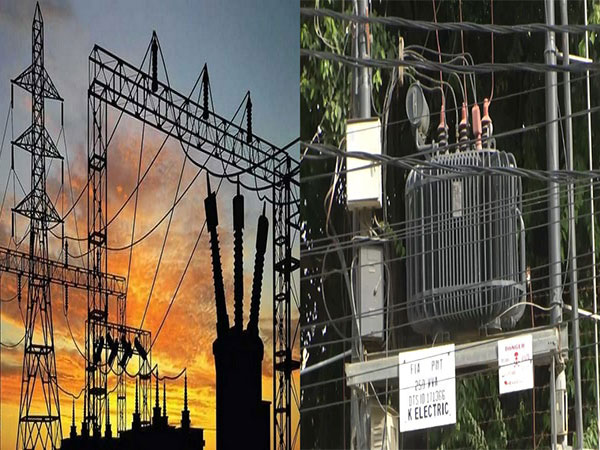Pakistani Committee Demands Forensic Audit on Independent Power Producers' Contracts
A Pakistani Senate committee expressed severe concerns over the transparency of contracts with Independent Power Producers (IPPs), urging a forensic audit by the Ministry of Energy. The call for accountability was driven by issues related to high electricity prices and substantial tax exemptions granted to IPPs.

- Country:
- Pakistan
A parliamentary committee in Pakistan on Tuesday voiced serious concerns regarding the transparency of contracts with Independent Power Producers (IPPs). The committee demanded that the Ministry of Energy conduct a forensic audit to address these issues, as reported by Dawn.
Senator Zarqa Suharwardy Taimur, chair of the Senate Functional Committee on Devolution, highlighted the significant issues caused by IPPs and the absence of transparency in their agreements. She called for the release of standard contract details and capacity percentages to the committee immediately, emphasizing the need to reduce electricity prices for the public and industries.
The matter of non-transparent IPP contracts has gained attention from political parties and the trading community, pushing for a review of government agreements with IPPs. They argue that lowering electricity tariffs is vital for both public interest and economic stability. Additionally, a sit-in by Jamaat-I-Islami Pakistan in July also urged the government to reassess its electricity policies to provide relief to citizens.
The committee additionally raised the issue of workforce over-employment in the Ministry of Inter-Provincial Coordination (IPC). Further, it was revealed that despite significant taxpayer burden, IPPs have received tax exemptions amounting to PKR 1.217 trillion from the mid-1990s to 2023-24. This exemption, now totaling PKR 2.091 trillion, exceeds current fiscal payment capacities, sparking calls for accountability.
Official records, cited by Dawn, show that although the government regularly reported tax exemptions to IPPs until 2018-19, publication ceased when the exemption values surged. These IPPs, owned by 40 influential families linked to powerful leaders, are under scrutiny for their financial dealings and impact on the Pakistani economy.
(With inputs from agencies.)










